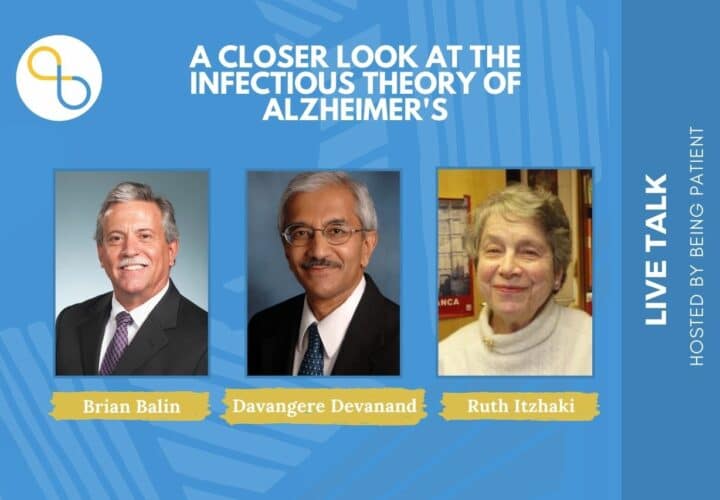Could the bacteria that causes gum disease also trigger Alzheimer’s? A drug candidate targeting this bacteria recently failed its early trials, but some experts have hope in the approach.
The same bacteria that causes gingivitis is associated with Alzheimer’s disease. A 26-year-long study published in 2020 identified that the gingivitis-causing Porphyromonas gingivalis is linked with increased Alzheimer’s risk, and in mice, research has shown that P. gingivalis does reach the brain, causing neural damage and inflammation. Now drug developers are asking: Could intervening early, and reducing levels of P. gingivalis or its toxic enzymes, prevent Alzheimer’s or slow cognitive decline?
While many experimental Alzheimer’s drugs are focused on targeting the biomarker beta-amyloid plaques, the theory that clearing those plaques does in fact actually slow cognitive decline remains highly contested. Other theories posit that beta-amyloid may play a different role — one that represents an inflammatory response to bacterial or viral infection, or even provides protection against infection, rather than causing the disease.
After looking at 54 brains post-mortem, scientists working on this hypothesis found the same thing in almost all of them: an enzyme secreted by P. gingivalis. This discovery prompted the development of a drug against this enzyme: Cortexyme’s experimental drug atuzaginstat.
Cortexyme developed the antibiotic atuzaginstat to see if it could treat Alzheimer’s, conducting randomized Phase 2/3 trials with 643 participants with mild or moderate Alzheimer’s disease. Overall, the study found no differences in cognitive decline between the two groups. However, some participants that had a P. gingivalis in their saliva declined 57 percent slower from baseline compared to controls, according to one metric.
“I like what I see,” Alberto Espay, a professor of neurology at the University of Cincinnati College of Medicine, who also was not involved in the work, told Endpoints in October 2021. “This is preliminary and suggestive of an effect that must require a larger confirmatory study only targeting individuals with evidence of P. gingivalis.”
But in 2022, the Food and Drug Administration (FDA) halted the GAIN trial for undisclosed reasons. Some suspect the decision sprung from concerns over liver toxicity. But the halt and lack of improvement across the entire treatment group did not dash the company’s hopes.
“The first large clinical study of a gingipain inhibitor confirmed the benefits of treatment in the appropriate population at doses that reduce P. gingivalis,” said Dr. Michael Detke. Cortexyme’s chief medical officer. Disease modification and preservation of cognition as demonstrated in the GAIN Trial provides the foundation for altering the course of Alzheimer’s.”
Nonetheless, the drugmaker is positive about the approach: The early trial results, they say, are a testament that their drug can indeed target P. gingivalis. Cortexyme is also working on a new treatment with higher specificity that they hope will prove safer for trial participants. The new drug candidate will have Phase 1 data available by the end of June 2022.
More research will be key to establishing P. gingivalis as a major contributor to Alzheimer’s disease and cognitive decline, experts say. But the Alzheimer’s “infectious theory” space is a complex one that is still riddled with mystery: After COVID-19 infection, for example, many individuals experience cognitive impairment and develop inflammatory brain signatures similar to Alzheimer’s, And recently, researchers studying multiple sclerosis found that the virus which causes mononucleosis is a likely trigger of the degenerative disease. If Cortexyme’s next drug candidate makes it to Phase 3 trials, it may usher in more research into the therapeutic impact of antivirals and antibacterials for Alzheimer’s.



